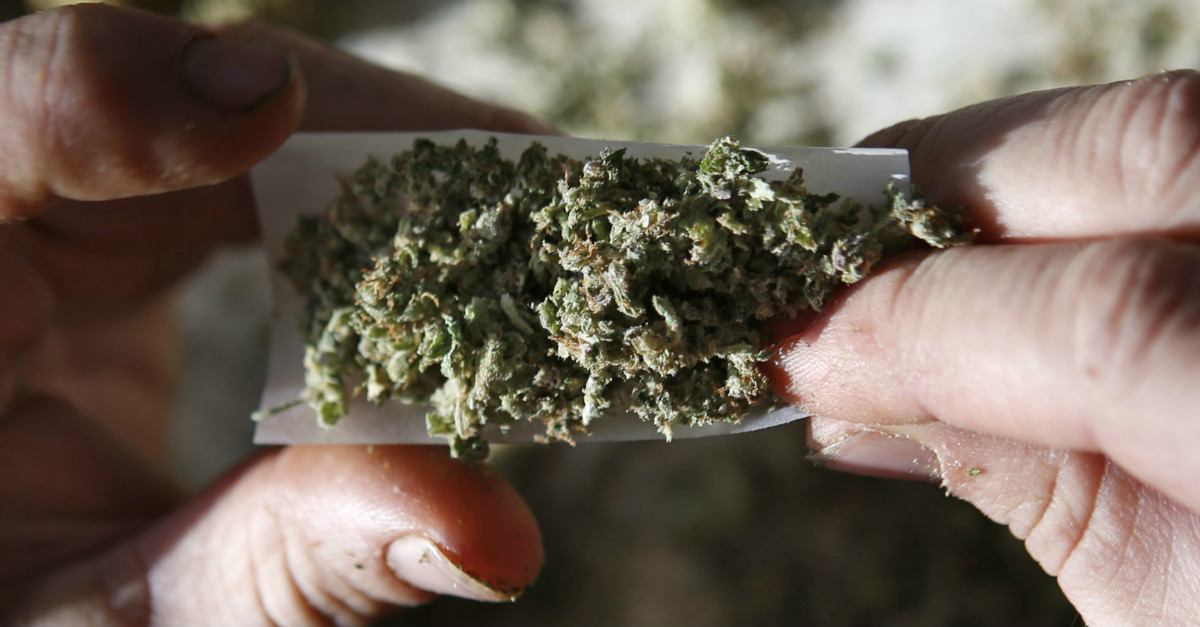The Texas Department of Public Safety approved the applications for the first three medical marijuana dispensary licenses in the state. The three approvals came from a pool of 43 applicants.
Videos by Rare
With only three active dispensaries, the state is still well short of the number needed to adequately serve patients with epilepsy or other seizure-related disorders, who need medical cannabis to treat their symptoms.
The three companies whose applications were approved were all based out of state and all plan to open their dispensaries in Central Texas, leaving thousands of patients in more remote locations unable to access the medication they need. The companies will be required to pay almost $500,000 in licensing fees after DPS investigators inspect their sites.
RELATED: Texas considers legalizing marijuana, sheriffs say no way
A San Antonio-based company, Alamo CBD, applied for a license and spent more than $250,000 on the process before DPS denied their application. Dr. Lang Coleman, CEO of Alamo CBD, announced that his company would sue the state over the license denial. The suit claims that DPS changed their approval criteria without notifying the applicants and used arbitrary methods to rate the license applications.
Dr. Coleman also said that the state needs up to 22 dispensaries to provide adequate resources for patients across the state. He said that the limited number of dispensaries, combined with the high production costs associated with manufacturing the plant oil that more than 40,000 patients across the state need to control their seizures, “will drive prices to astronomical levels.”
RELATED: A Texas Christian conservative’s case for legal marijuana
The plan for medical marijuana in Texas also has another legal issue. The Compassionate Care Act, which regulates the activities of dispensaries, requires that doctors issue prescriptions for CBD oil, the plant extract that relaxes brain activity and does not produce a hallucinogenic “high.” However, DEA regulations prohibit doctors from prescribing medical marijuana, so issuing such a prescription could cost doctors their licenses to practice medicine.



